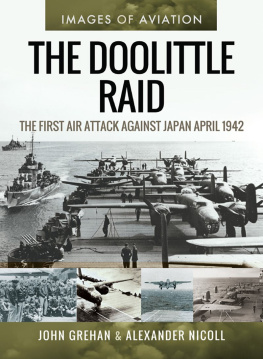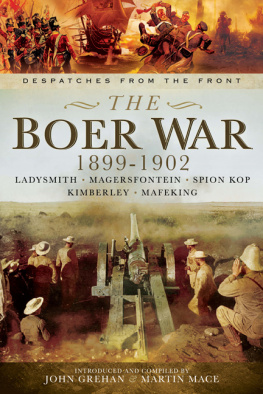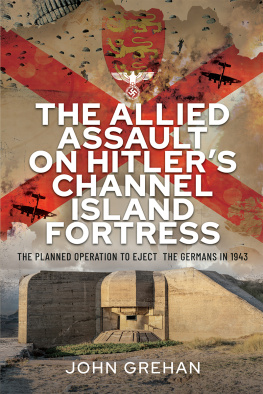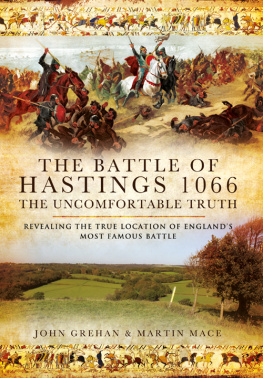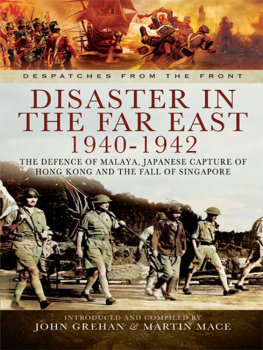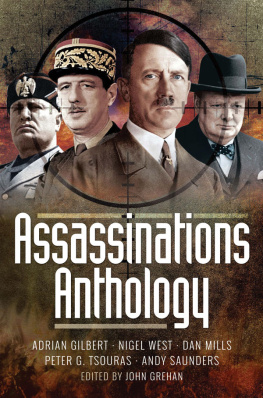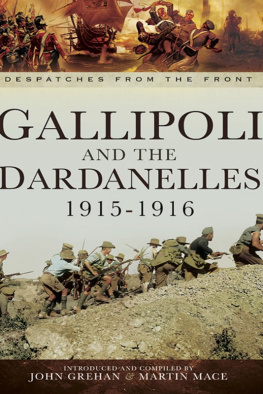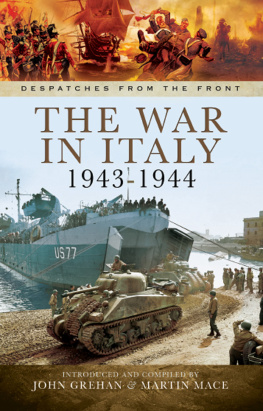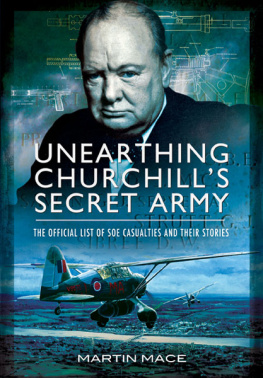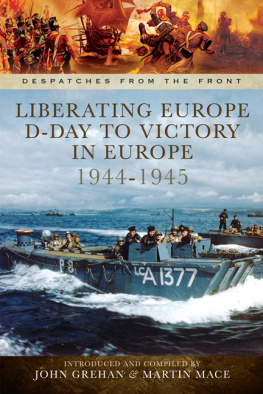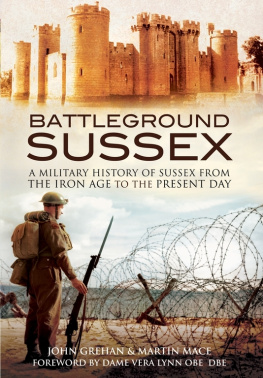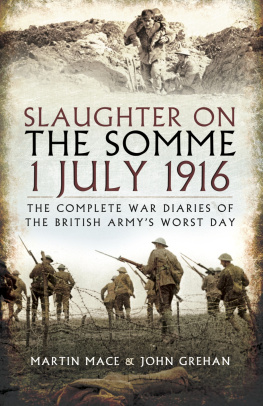John Grehan - Churchills Secret Invasion
Here you can read online John Grehan - Churchills Secret Invasion full text of the book (entire story) in english for free. Download pdf and epub, get meaning, cover and reviews about this ebook. year: 2013, publisher: Pen and Sword, genre: History. Description of the work, (preface) as well as reviews are available. Best literature library LitArk.com created for fans of good reading and offers a wide selection of genres:
Romance novel
Science fiction
Adventure
Detective
Science
History
Home and family
Prose
Art
Politics
Computer
Non-fiction
Religion
Business
Children
Humor
Choose a favorite category and find really read worthwhile books. Enjoy immersion in the world of imagination, feel the emotions of the characters or learn something new for yourself, make an fascinating discovery.

- Book:Churchills Secret Invasion
- Author:
- Publisher:Pen and Sword
- Genre:
- Year:2013
- Rating:4 / 5
- Favourites:Add to favourites
- Your mark:
- 80
- 1
- 2
- 3
- 4
- 5
Churchills Secret Invasion: summary, description and annotation
We offer to read an annotation, description, summary or preface (depends on what the author of the book "Churchills Secret Invasion" wrote himself). If you haven't found the necessary information about the book — write in the comments, we will try to find it.
Churchills Secret Invasion — read online for free the complete book (whole text) full work
Below is the text of the book, divided by pages. System saving the place of the last page read, allows you to conveniently read the book "Churchills Secret Invasion" online for free, without having to search again every time where you left off. Put a bookmark, and you can go to the page where you finished reading at any time.
Font size:
Interval:
Bookmark:
17 Platoon, D Company,
1st Battalion, Royal Scots Fusiliers
Pen & Sword Military
an imprint of
Pen & Sword Books Ltd
47 Church Street
Barnsley
South Yorkshire
S70 2AS
PDF ISBN: 978 1 47383 082 0
EPUB ISBN: 978 1 47382 966 4
PRC ISBN: 978 1 47383 024 0
has been asserted by him in accordance with the Copyright, Designs
and Patents Act 1988.
Library
transmitted in any form or by any means, electronic or mechanical
including photocopying, recording or by any information storage and
retrieval system, without permission from the Publisher in writing.
Mac Style, Driffield, East Yorkshire
Printed and bound in the UK by CPI Group (UK) Ltd, Croydon,
CRO 4YY
Aviation, Pen & Sword Maritime, Pen & Sword Military, Wharncliffe
Local History, Pen and Sword Select, Pen and Sword Military
Classics, Leo Cooper, The Praetorian Press, Remember When,
Seaforth Publishing and Frontline Publishing.
PEN & SWORD BOOKS LIMITED
47 Church Street, Barnsley, South Yorkshire, S70 2AS, England
E-mail:
Website: www.pen-and-sword.co.uk
To gain a smashing victory
Past Freetown and its lovely bay
Past Durban and its life so gay.
At last to Madagascars shore
The lads arrive hard times before.
The Seaforths land in sheltered bay,
They rest awhile then march ahead
No-one could guess where that road led.
Yet march they did with gallant smiles,
From heavens height that blazing sun
Shone down upon them, everyone.
Each Highlander out here a stranger
March to face their foe and danger.
Oer eighteen miles with scare a stop
The lads trudge on but never drop.
A few hours rest and on they go
To action, danger, against their foe.
Machine guns spat, the shells came oer,
They halted there seconds, no more.
Then Caber Fiedh rang through the air
And on they charge with bayonets bare,
Some fell, never to rise again,
The rest drive on, avenging men,
So soon its over, the foe have fled
The ground is littered with the dead.
Seaforth and French lay peaceful there
Never again to breathe earths air.
6th Battalion Seaforth Highlanders, 1942
Font size:
Interval:
Bookmark:
Similar books «Churchills Secret Invasion»
Look at similar books to Churchills Secret Invasion. We have selected literature similar in name and meaning in the hope of providing readers with more options to find new, interesting, not yet read works.
Discussion, reviews of the book Churchills Secret Invasion and just readers' own opinions. Leave your comments, write what you think about the work, its meaning or the main characters. Specify what exactly you liked and what you didn't like, and why you think so.

